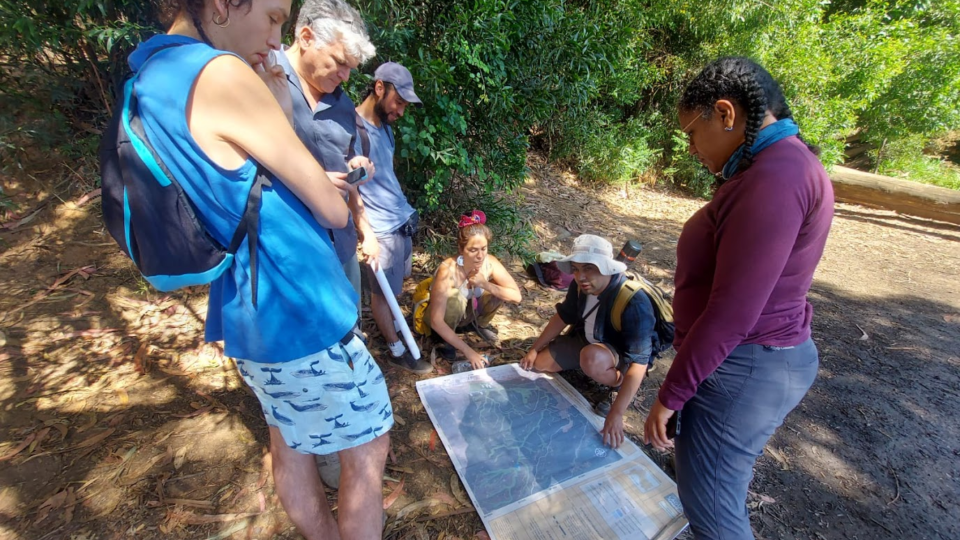Why Are Lake Levels Important to People?
 Jen Oden, Snohomish County Water Quality Specialist, and Megan Rodgers, LOCSS team member, report a lake height measurement at Flowing Lake, Snohomish County Washington.
Jen Oden, Snohomish County Water Quality Specialist, and Megan Rodgers, LOCSS team member, report a lake height measurement at Flowing Lake, Snohomish County Washington.
We have previously explored what lake water storage can tell us about the water cycle, and how lake levels are important to wildlife, but lakes are obviously very important to people as well. The intersection of science and community engagement better equips people to understand their surrounding environment. Understanding changes in lake water storage can inform water resource management and ecological conservation. Lakes also provide people with recreation, food sources, and aesthetic views. To better understand how our LOCSS volunteers and partners benefit from participating in the project, we communicated with some of our special contributors and asked them to highlight their first-hand experiences with these lakes.
Darron Nash has lived on one of our study lakes for the past 17 years with his wife. North Lake, in Federal Way, Washington, is managed by the North Lake Management District Committee which monitors water and vegetation conditions. While he enjoys recreational activities such as fishing, he also has a deep commitment to science. As a resident and a member of the District Committee, Mr. Nash has a vested interest in the health of this lake. He was immediately interested in assisting with LOCSS as a volunteer citizen scientist and has been reporting on lake levels in North Lake since June 2019. Taking water samples, monitoring oxygen levels, and tracking boating and bird statistics are just some of his most enjoyable responsibilities. Mr. Nash believes that “science is the single greatest way to understanding the world around us,” and he greatly emphasizes the role we play to ensure all living beings have access to clean and abundant water.
The well-being of lakes must be spearheaded by a joint effort of scientists, citizens, public servants and decision-makers. Jennifer Oden is a LOCSS partner and a water quality specialist with Snohomish County Washington. “Lake height data allows us to provide information and technical assistance to help minimize impacts to lake health, lake users, and shoreline property owners,” says Ms. Oden.
Dan Grigas, a LOCSS partner and fisheries ecologist for the Forest Preserve District of DuPage County, Illinois, also values the benefit of citizen engagement with science, as well as the developing lake data sets being collected. Such information acquired from LOCSS aids professional and public leaders in decision-making. Specifically, “data can be compared with other long-term data sets including fish population dynamics, invertebrate monitoring, and plant ecology to help calculate and predict how biota respond to abiotic change,” mentioned Mr. Grigas. For the anglers, boaters, and dog walkers that use the lake on a regular basis, maintaining the health of the lake inspires many to take active roles in lake monitoring, including assisting with LOCSS.
Our contributors have outlined many ways this project benefits all stakeholders in various communities, as well as its importance to them as a scientific pursuit. If you enjoy the recreation, food sources, or aesthetic views provided by a lake, and want to help maintain and monitor your lake, click here to learn more about how to get involved in the LOCSS project.
Special thanks to: Dan Grigas, Darron Nash, and Jennifer Oden
This is the fourth in a series of posts that explores why it is important to study lake water storage. Other posts in this series include:
LOCSS News
We share stories about the lakes in our study, our partners and volunteer citizen scientists, as well as interesting results from our research.





